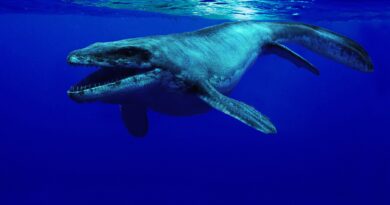Sperm Donor Coral To Help Fertilize Eggs From Coral Hundreds Of Miles Away To Save Species From Climate Change
Scientists have transported flash-frozen coral sperm over hundreds of miles to fertilize eggs in the hope that by increasing genetic diversity the corals will become more resistant to the effects of climate change which are decimating coral reefs across the planet.
In a statement released by Pennsylvania State University Eberly College of Science researchers detailed how they plan to save coral reefs around the island of Curacao in the southern Caribbean Sea by fertilizing eggs with Coral sperm flash-frozen and transported from Florida and Puerto Rico.
Iliana Baums, professor of biology at Penn State and one of the leaders of the research team, said: “Corals are a vital foundation species for reef ecosystems.”
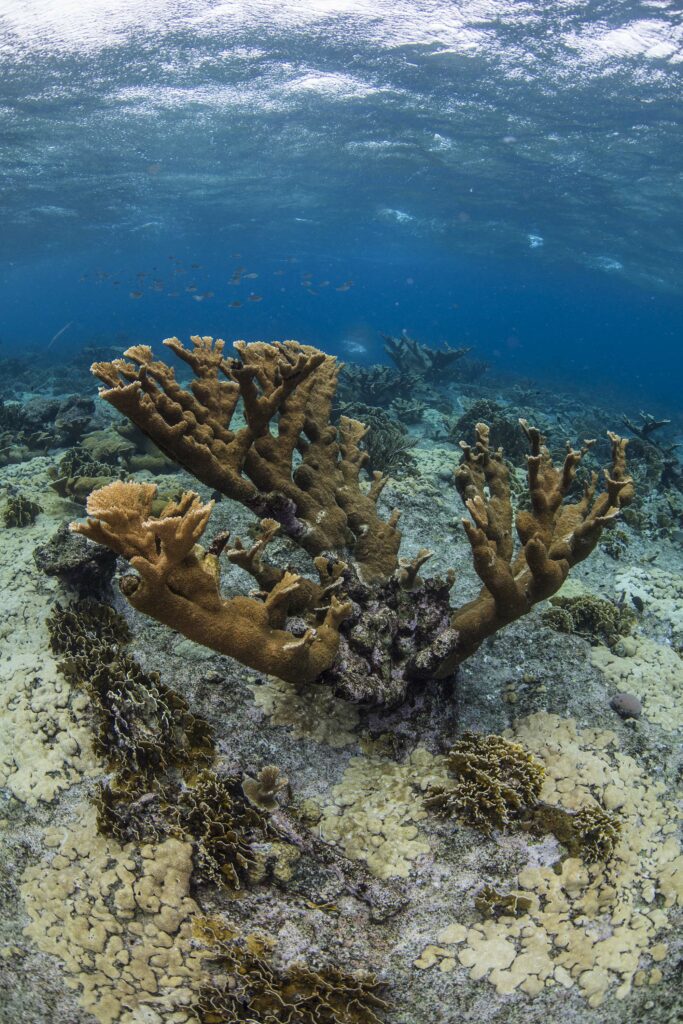
Baums added: “Reefs provide habitat for astonishing species diversity, protect shorelines, and are economically important for fisheries, but they are suffering in many places due to warming ocean waters.”
According to the Fish & Wildlife Foundation of Florida, Coral reefs occupy less than 1 per cent of the world’s oceans, but approximately 25 per cent of marine fish species inhabit coral reefs during some part of their lives.
The researchers believe that without some form of intervention climate change will continue to decimate coral reefs leading to disastrous environmental consequences.
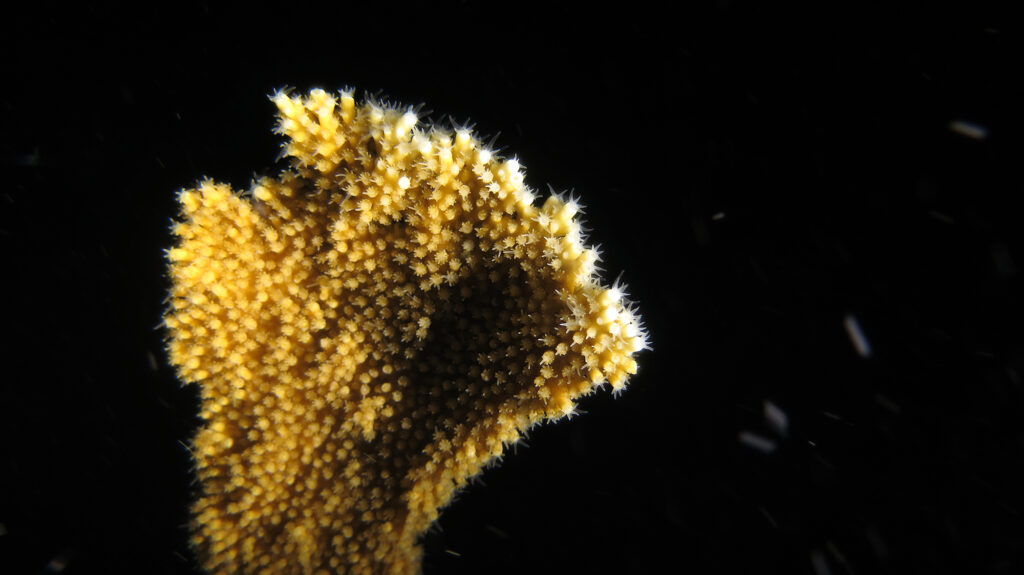
According to the statement, genetic diversity fuels the ability of a species to adapt to challenging circumstances.
The researchers stated: “One of the main sources of genetic diversity is sexual reproduction—new combinations of genes are created when a sperm fertilizes an egg.”
They found that sexual reproduction by Elkhorn corals in the Caribbean is now extremely rare and due to the stationary nature of coral they have little chance of gaining diversity through interaction between distant reefs making them extremely vulnerable to the effects of global warming.
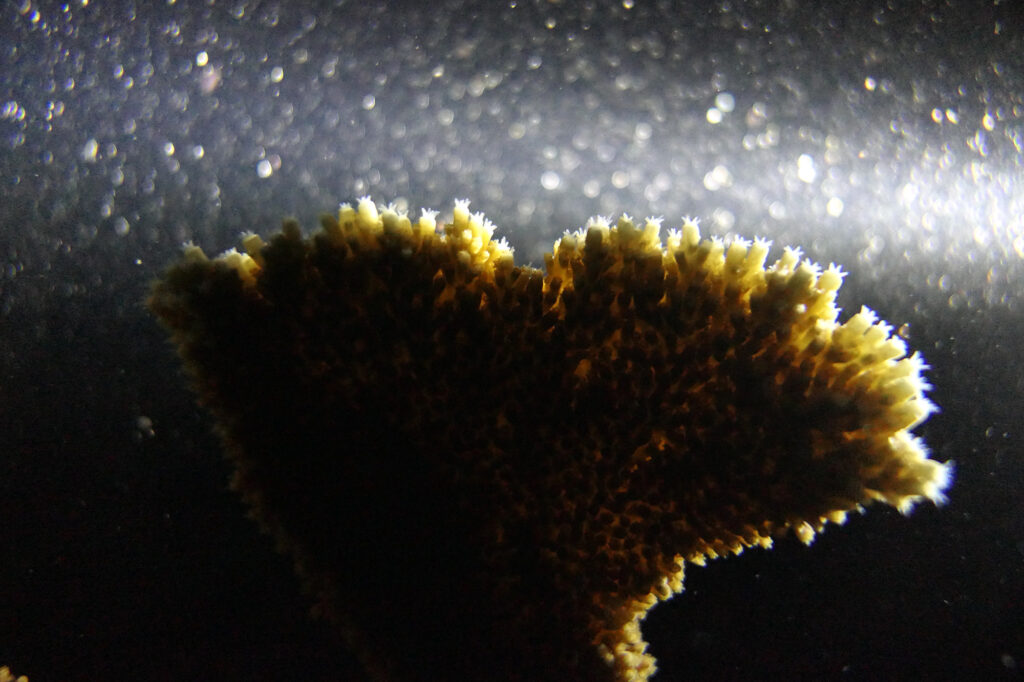
Baums said: “To increase genetic diversity in corals, we can use ‘assisted gene flow’ by bringing corals together that are physically distant in the wild, but this is logistically incredibly difficult.”
Mary Hagedorn, a research biologist at the Smithsonian Conservation Biology Institute and lead author of the study, said: “Most corals only attempt sexual reproduction once a year and the eggs and sperm are only viable for a short time period.”
Hagedorn, who developed the technique to cryopreserve coral sperm, added: “Cryopreservation allows us to breed corals with parentage from hundreds of miles apart.”
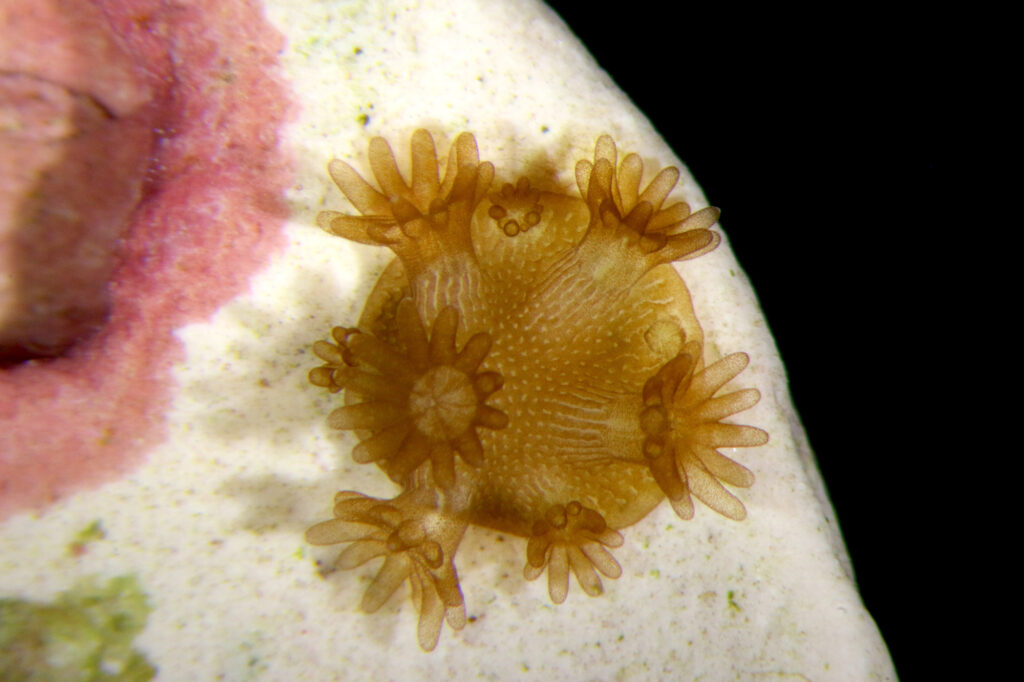
Corals reproduce by sending bundles of eggs and sperm into the water in a huge underwater event that takes place during full moons.
The researchers collected these bundles in Florida and Puerto Rico, separated the eggs and the sperm and then ‘flash-froze’ the sperm using a cutting edge liquid nitrogen cryopreservation technique.
Baums said: “Because these corals only produce eggs and sperm once per year, frozen sperm collected in Florida and Puerto Rico needed to be cryopreserved in advance and stored for over a year until it could be used for a spawning event in Curacao,”
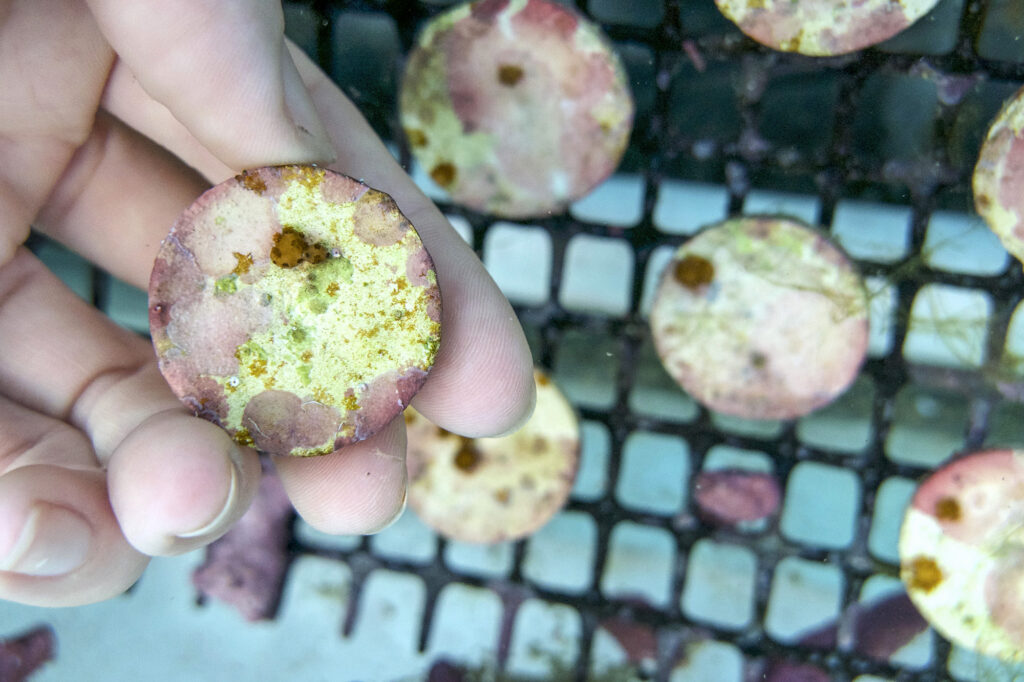
Kristen Marhaver, a marine biologist at the CARMABI Foundation in Curaçao and co-corresponding author of the study. said: “Overall, 42% of the trans-Caribbean coral offspring survived to at least six months, the highest survival rate ever achieved in this endangered species,”
Baums said: “These results demonstrate that assisted gene flow could be a valuable tool in conservation by introducing genetic diversity into this critically endangered marine species.”
The university released the statement titled ‘Long-distance relationships for endangered corals’ on Tuesday (7th September).

